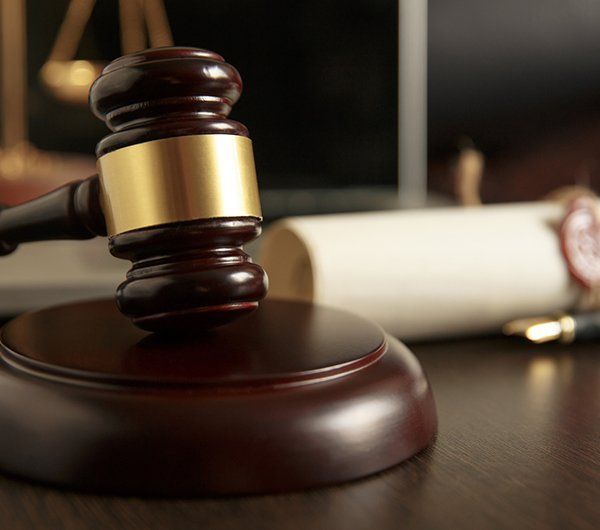Estate Planning
Will
In Pennsylvania, it is very important to have a Will. A Will outlines the manner in which you want your estate assets distributed and your debts paid when you die. This document also specifies who will care for your minor children, if you have any, if you pass away unexpectedly. Finally, a Will names the person that will administer your estate and the powers your executors will have in administering your estate. Why is this important? If you do not have a Will your estate will be administered under Pennsylvania's intestate succession laws. This statute dictates who will serve as your administrator of your estate and how your assets will be distributed which may not be how you would envision how your estate would be administered. Further, if you do not have a Will and you pass away with minor children someone will have to file a Petition with the court to be appointed as guardian for your children. This is both costly and stressful for an already grieving family.
Living Will
The Living Will is also an extremely important document that should be part of your estate plan. This document will provide for care that you want or need when you are in an end stage medical condition. The Living Will also appoints someone to make decisions regarding your health care needs in the event you cannot communicate the care that you want or need. The reason this document is important is that if you do not have one, your family may have to file a Petition with the court to be appointed as your guardian to make decisions regarding your health care needs in the event of an emergency. The cost to set up a Living Will pales in comparison to the cost and stress of presenting a Petition for Appointment of a Guardian in court.
Power of Attorney
Finally, the Power of Attorney is the last component of an effective estate plan. The Power of Attorney is valid until your death. If set up properly, the Power of Attorney survives your incompetency. The purpose of a Power of Attorney is to appoint someone you trust to manage your financial affairs in the event you cannot manage such affairs. For example, if you are ill or in the hospital, your Power of Attorney will be permitted to pay your household bills, handle health insurance issues, and resolve any other financial incident that may arise. Without such a document, your family may be forced to file a Petition with the court to have one of them appointed as the guardian of your estate. Again, this a costly process and may result in someone being appointed to manage your financial affairs that you would not have chosen.


